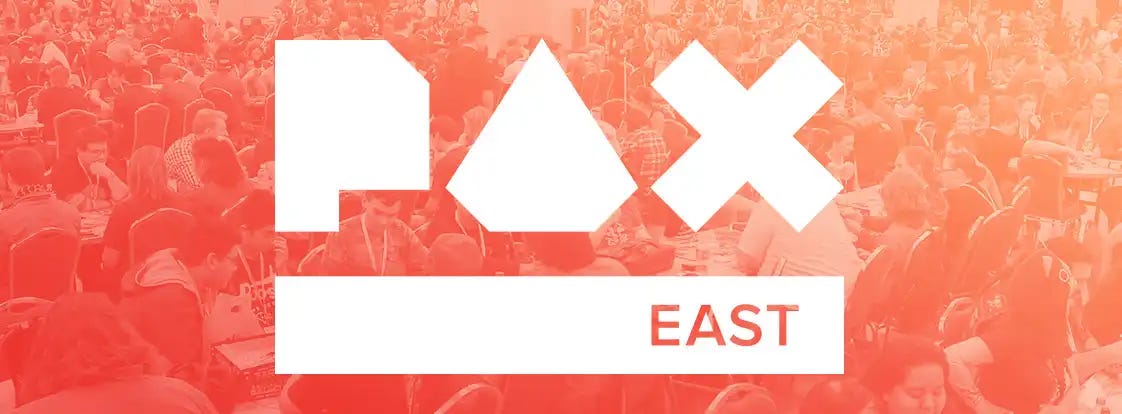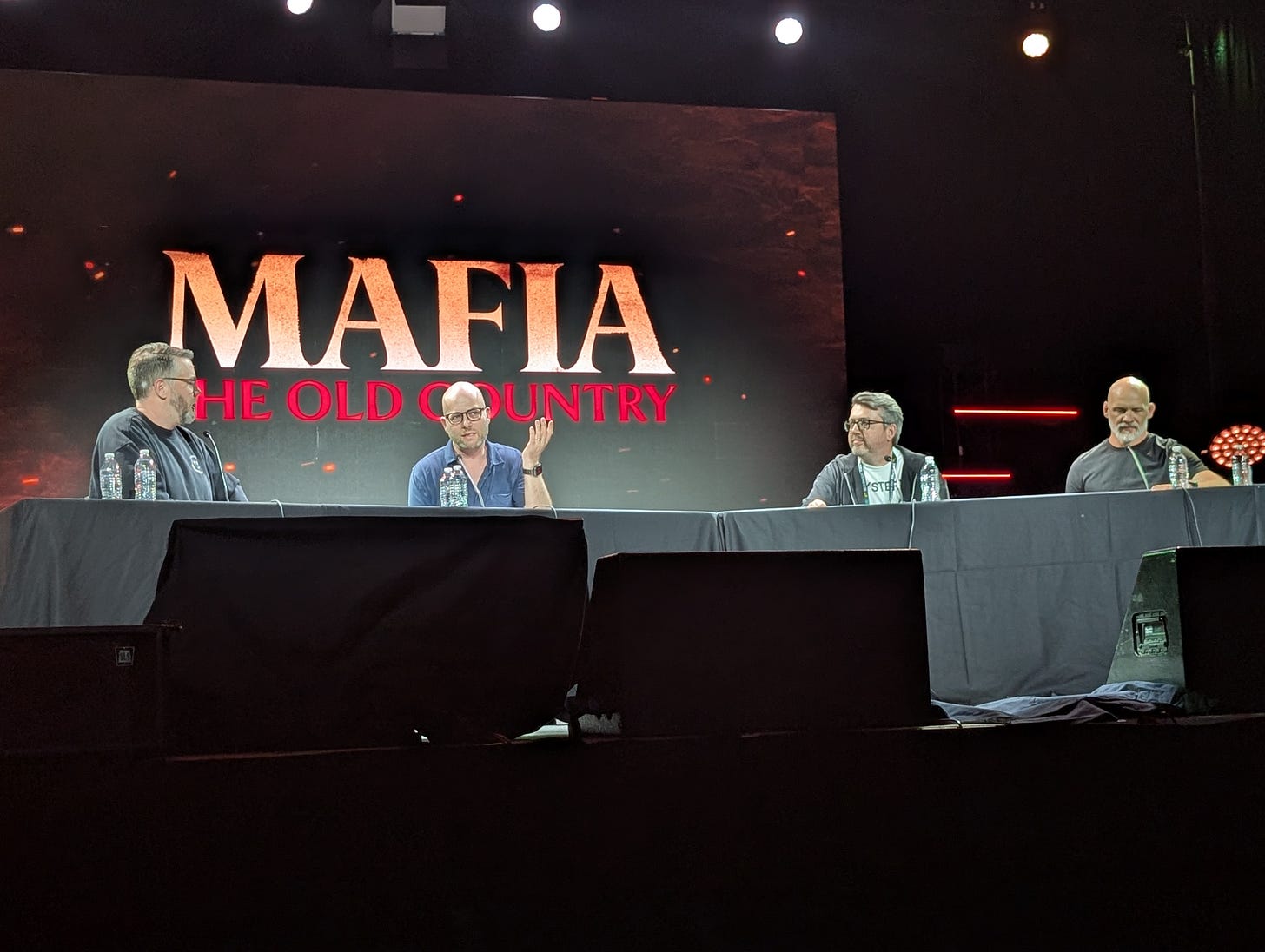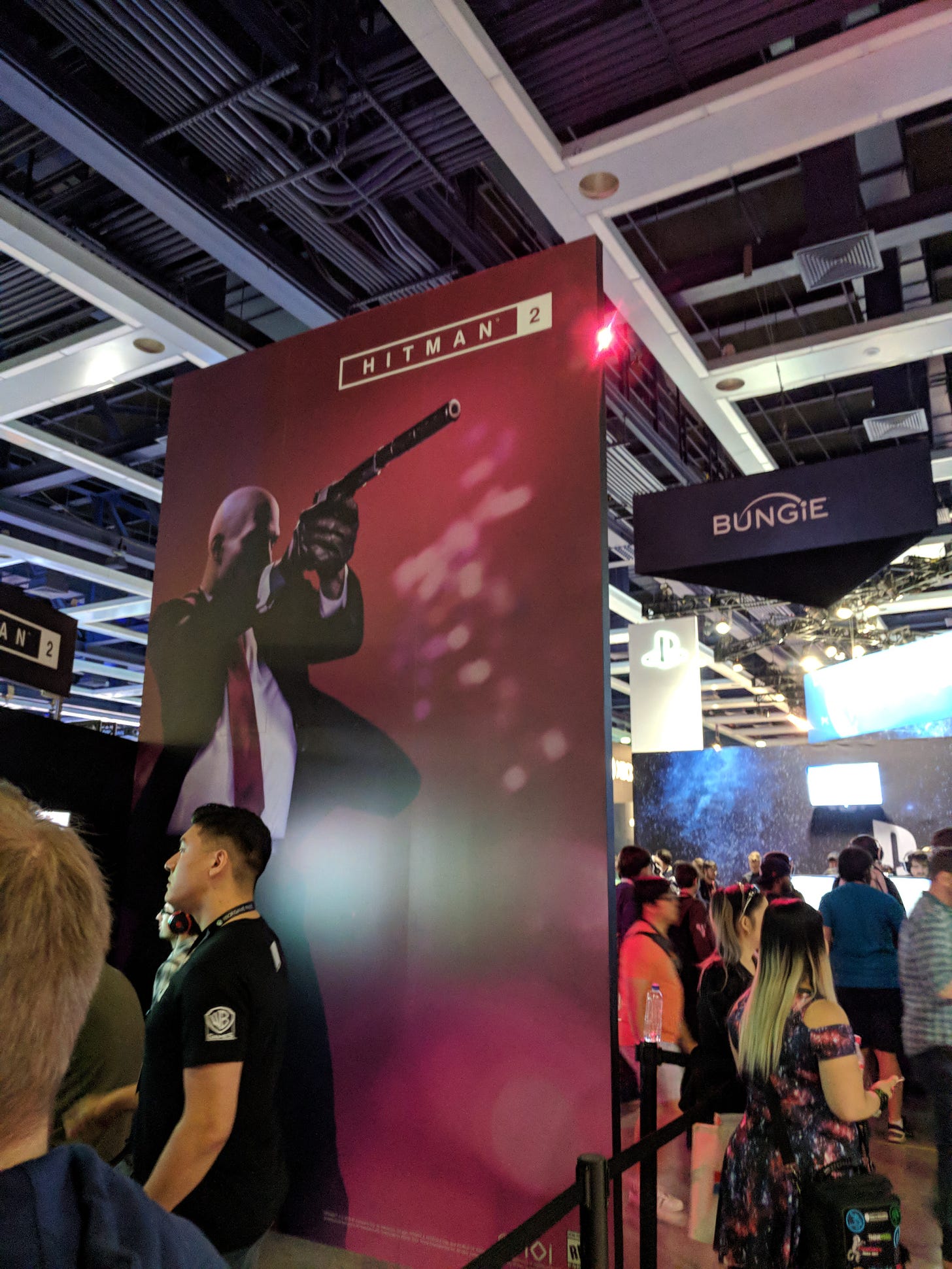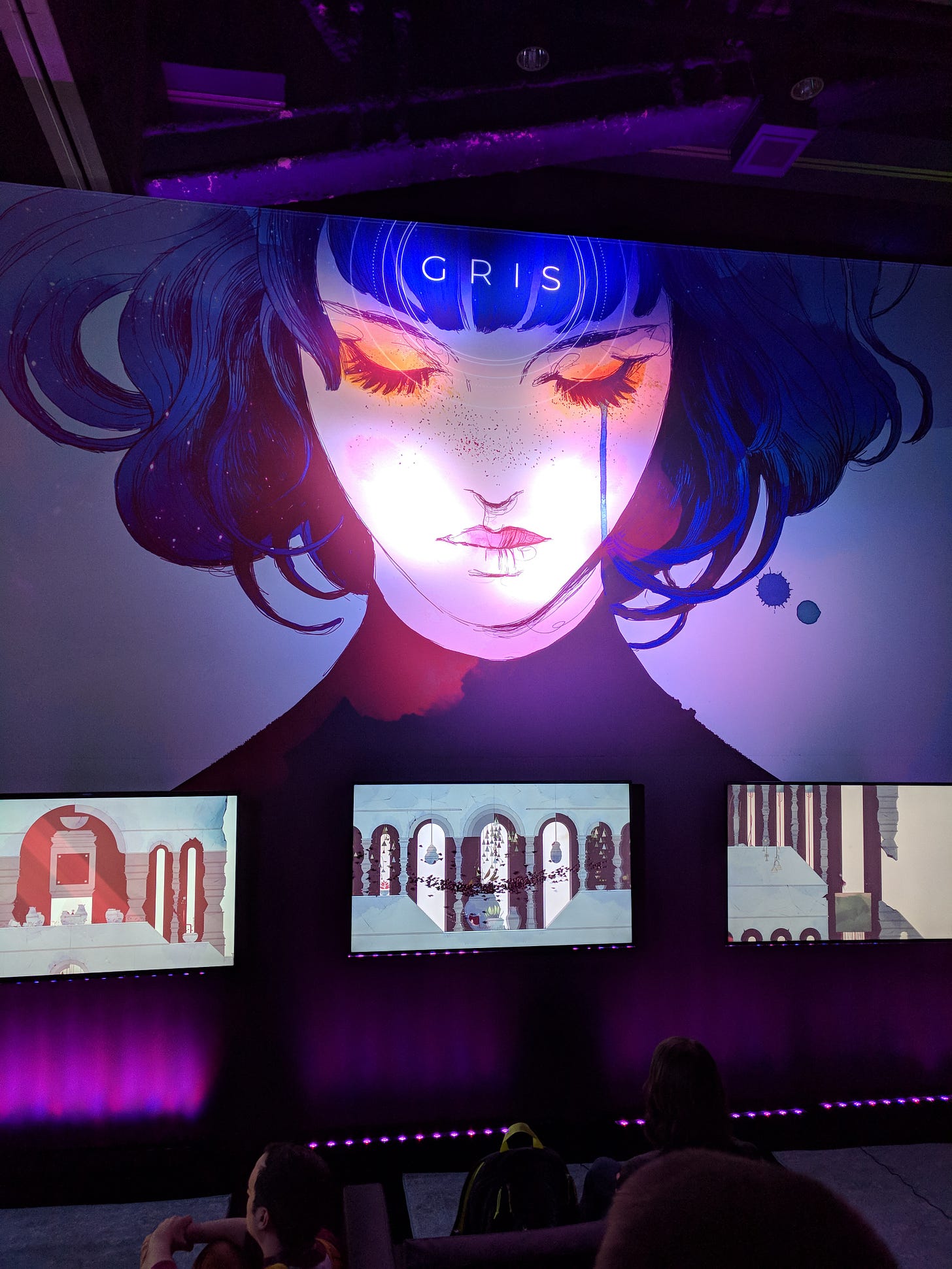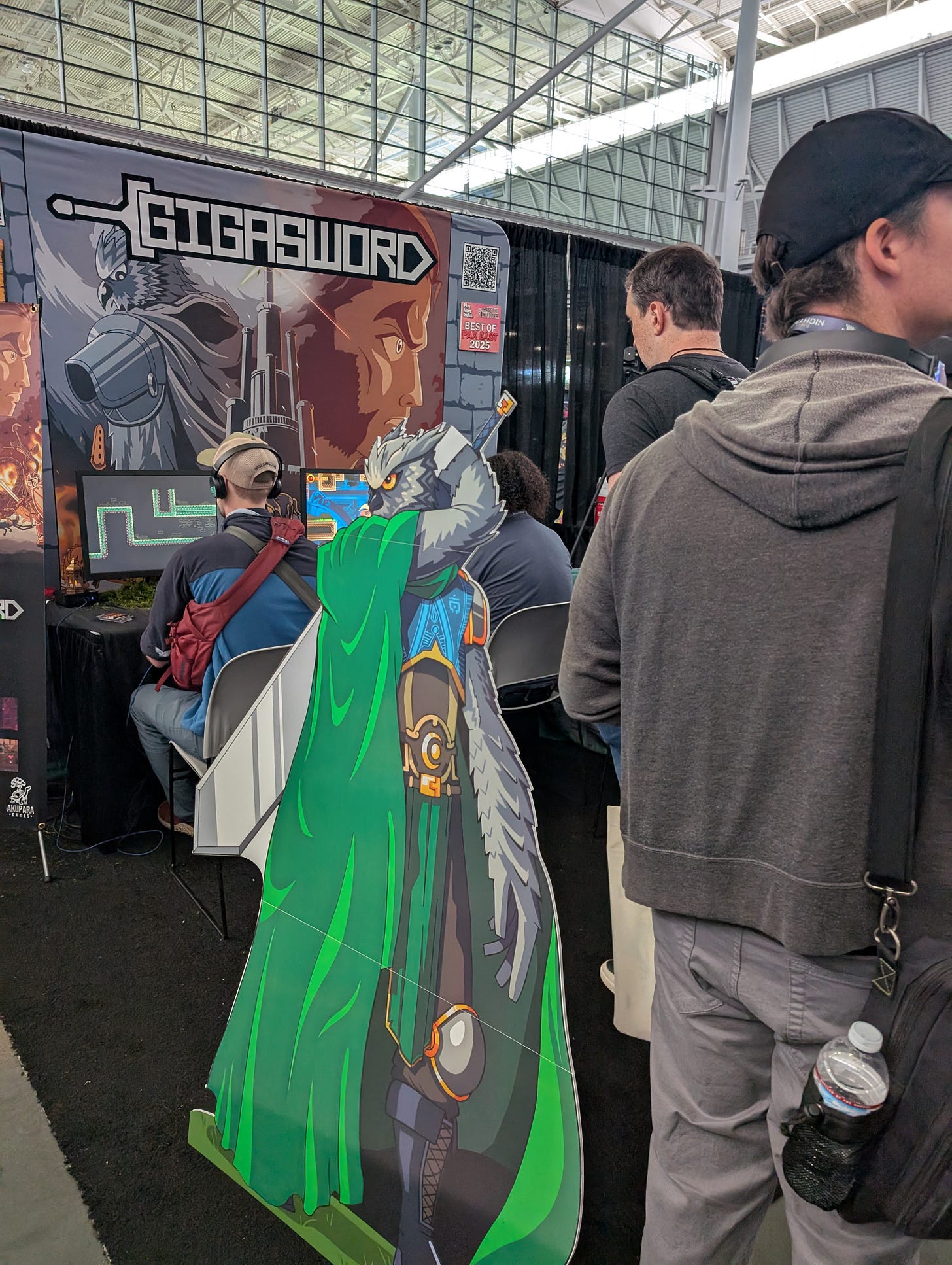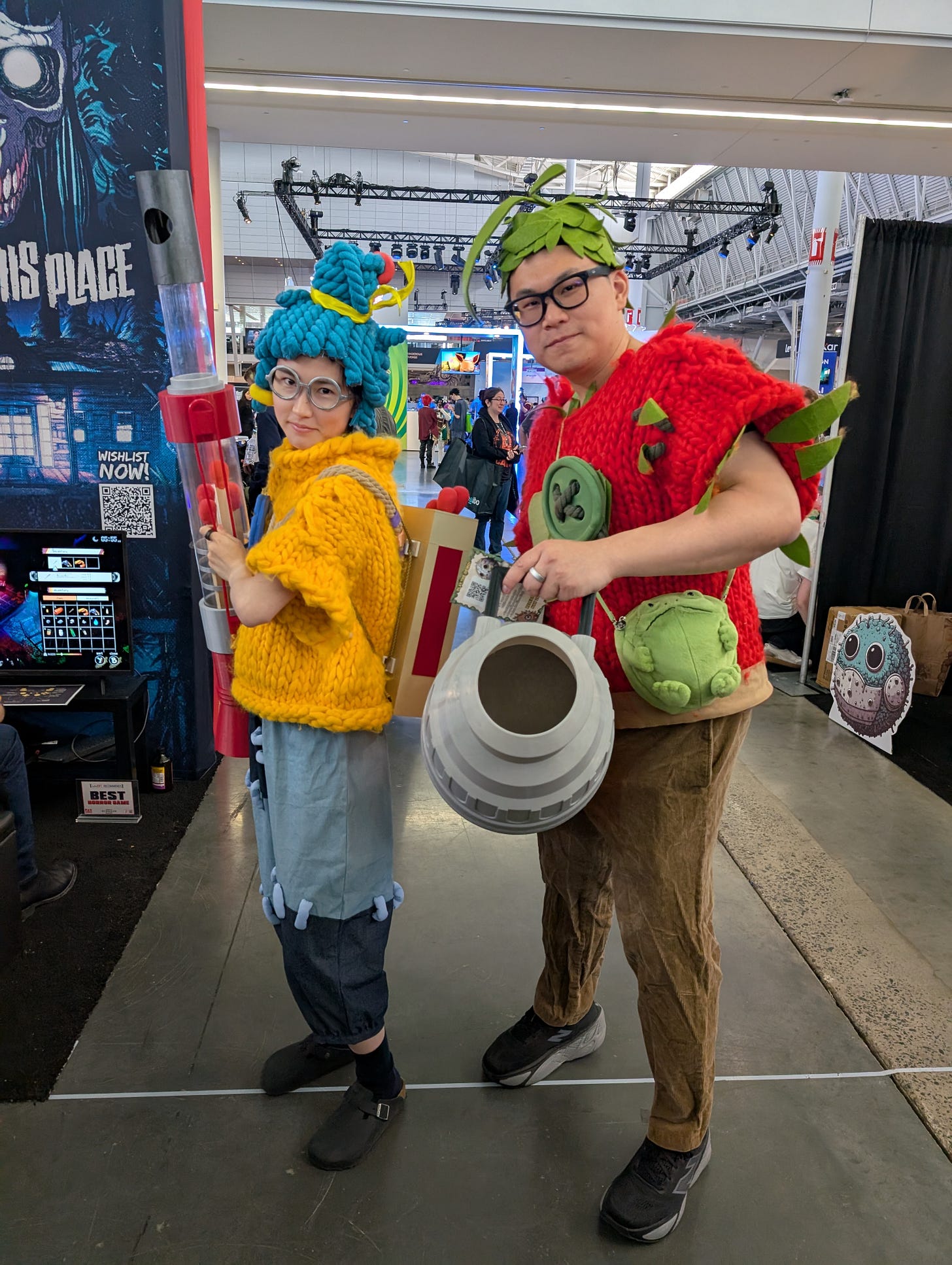PAX East 2025: Has the Physical Connection Between Fans and Content Been Severed?
The industry seems conflicted on how to support this staple in the gaming community
I recently made my annual trip to Boston to participate in PAX East 2025. It’s a trip I regularly look forward to for many reasons: seeing friends, enjoying panels, but most importantly, seeing what’s happening on the ground floor of the industry. At first glance, it seemed like this year was like most others, which meant a few lavish displays of wealth by the biggest publishers, with dozens of passionate indie devs filling the remaining gaps. But when I looked closer, I noticed something was off. There was a feeling of stagnancy. The true pulse of the industry was missing. While I still see PAX as a vitally important piece for the community, this trip made it abundantly clear to me that the reason for its importance has drastically changed.
Tales of Yesteryear
I have been going to at least one yearly PAX since 2018, which was the year I moved to Seattle. Aside from the COVID years, I have attended every PAX West since then, and starting in 2023, I also began attending PAX East. That first PAX West in 2018 was unforgettable. It translated to a Disney-like experience for anyone into the hobby of video games. They transformed the entire bottom floor of a convention building into a complete Fortnite mini-golf attraction. PlayStation was there in full force with a full activation where you could play Spiderman early, and almost every other big publisher had their own grandiose experience, making each day’s activity planning that much harder to decide. Not only that, but you had dozens upon dozens of independent developers showing off their games for the first time, hoping to drum up an early fan base and maybe court a publisher in the process.
I’m reminiscing on these moments not to brag, but to paint a picture of how intertwined the expo was with what was happening in the industry. It was a perfect snapshot of both the AAA and indie worlds. Fans of all types could converge on this single location and find something to be excited about immediately. You could get exclusive merch, play that one game you had been hearing about for years, and even attend panels with the biggest developers and creators in the industry. To this day, I think it was the one event that perfectly connected fans with the hobby. For the longest time, E3 was the hotspot for publishers and people in the industry, and PlayStation, Nintendo, and Xbox would often have location-specific, semi-exclusive events for their audiences, but PAX was the only central Mecca where almost anyone who liked video games could attend and feel confident they were going to have a good time.
PAX is no longer that.
Disconnected from Reality
As I was walking the show floor this year, it dawned on me that PAX no longer reflected the industry. The direct link between the fans and the companies defining the shape had been severed. This is not to say that PAX is now bad, but I can no longer say it is an event for any and every fan of gaming like it once was. Bryant Francis commented on this as well in an article at Game Developer focusing on the decline in specialists, but I am looking at it from a slightly different angle: the industry has abandoned physical spaces.
By now, everyone can see that after COVID, most of the big players in the industry realized that they don’t often need to go the extra mile to convince people to play their games. Building a physical space to market and demo a game is expensive and complicated, and at the end of the day, while it is exciting, it is not the driver of excitement. The video game industry has matured into an audience of billions, and any limited-time physical event will only capture a microscopic fraction of that audience. Meanwhile, a YouTube trailer has the potential to reach half a billion people across the globe in just 24 hours. And so, just like that, many of the lavish activations that we had become accustomed to felt like they disappeared overnight.
In general, I think this is bad. It brings fewer eyes to the event; the general value of your ticket to PAX has decreased over time, but more importantly, it has had an interesting effect on the indie space. In some ways, I think fewer big publishers are great for the indies who decide to attend the event. Attendees who used to spend their time waiting all day in the Kingdom Hearts 3 lines now explore the floor more and try things that they may not have otherwise. It also gives the smaller projects a chance to steal buzz and become the talk of the weekend, while before, a chance to touch Mario Odyssey would be the only thing anyone would talk about. Ultimately, though, this is a rising tide lifts all ships situation, and I think as more tentpole companies pull out of PAX over the years, visibility into the industry reduces as a whole. Not to mention, many of those big publishers would also themselves champion smaller games at their booths.
Evolve and Adapt
I don’t think it’s all doom and gloom, though. I think PAX will evolve and survive. Something that hasn’t really changed is the passion behind the people showcasing their games. I know it sounds cheesy, but interacting with people who have put their all and potentially risked their livelihoods to create their dream game is something you can only experience at PAX. To take it a step further, even many of the volunteers and publishers are extremely proud and excited to introduce you to these games. It really is, maybe the most intimate and genuine setting in games for people who don’t have the privilege to be invited to the year’s most exclusive press events.
As you’ll see in content that will soon drop, I played a handful of fantastic games this year at PAX East, and I expect to play even more at PAX West. But I can’t help but mourn the PAX of yesteryear, which was the place for the average gaming fan to connect physically with their hobby every year. I hope PAX continues to fight to create a healthy space for developers to connect with fans in this post-COVID world, as I think that it’s more important than ever to remind people that every little aspect of the hobby doesn’t need to be interacted with digitally.


